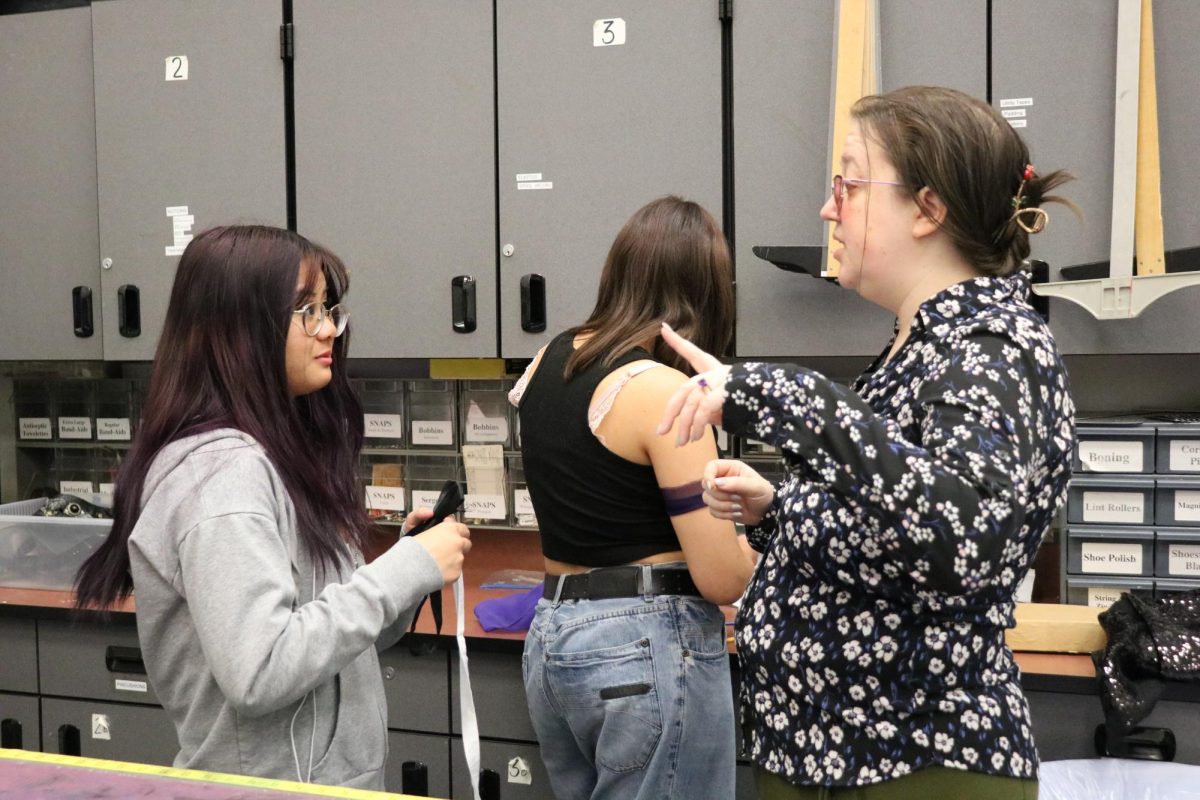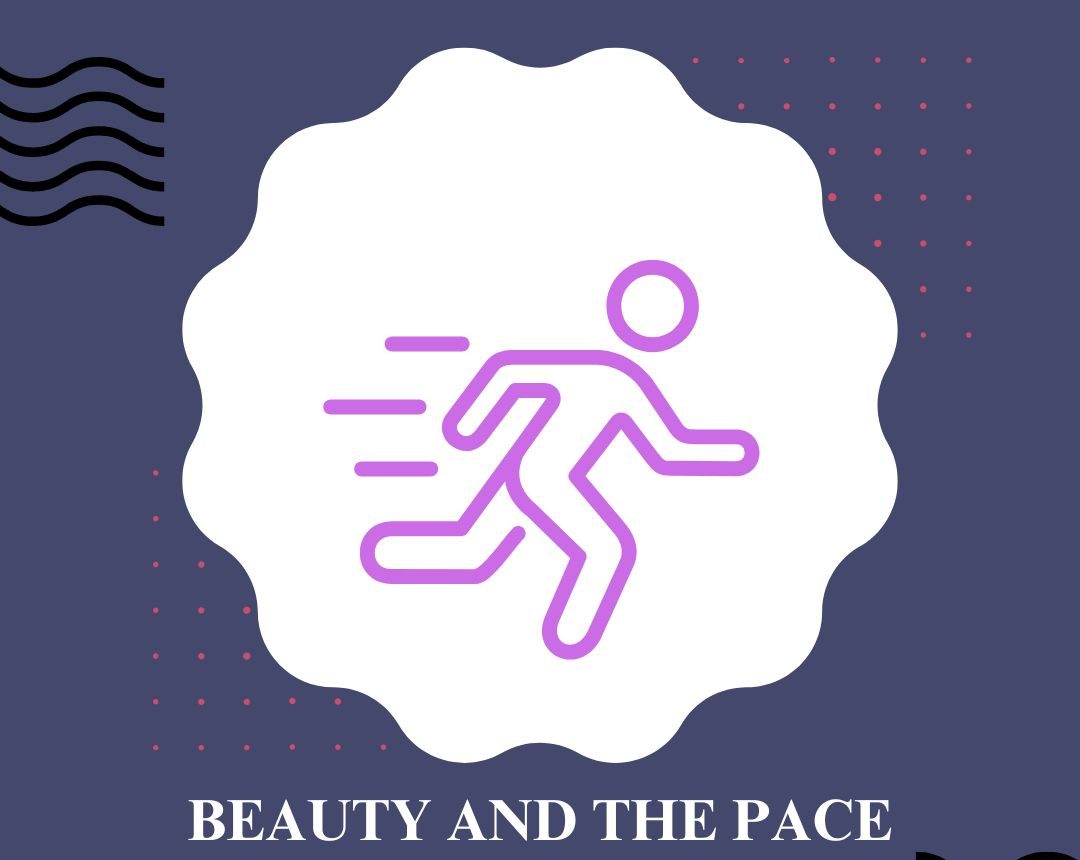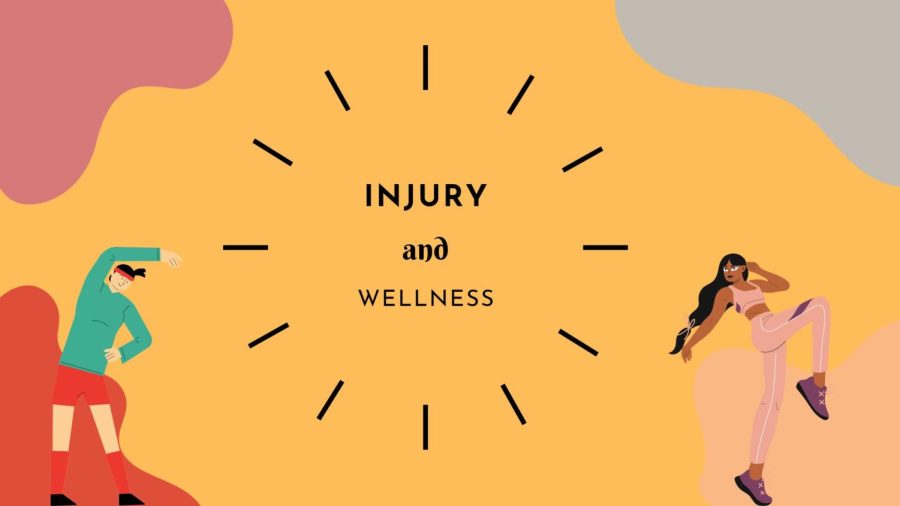Injury and Wellness
September 12, 2022
Not only is LVA home to artists but also to club sports and individual sports players as well. One of the most common events in sports is injury. Not only does injury affect students’ ability to succeed in their sport, but also their mental health and success. In every sport there is a high risk of injury when a person has not taken precautions for their body. When an injury occurs, it takes a toll on not only the person’s body, but also their brain.
With modern science and ideas, there are ways to prevent injury and millions of articles on how to protect your body before and even after possible injury. No matter what damage has occurred, the feelings that come with being unfit to compete or simply play are unavoidable. Injuries typically come with cognitive and physical rest and with the growing neurodegenerative disease known as chronic traumatic encephalopathy (CTE), neurosurgeons now have knowledge that trauma due to injury can be permanent. In “Not just a physical thing: The psychology of sports injuries and recovery,” written by Joanne Barker, Barker attempts to help student athletes learn about their bodies and how they can be affected by sports and injuries.
One of the most significant issues of injury is the mental health issues it brings along, such as depression, eating disorders, anxiety, and even post traumatic stress disorder (PTSD). When injury occurs, a list of the most important tasks to improve mental health is as follows.
- Rest: In “The Health Benefits of Yoga,” written by Georgia Gallant, Gallant writes, “The most obvious example of this is meditation and many psychotherapists are trained in these techniques. Gentle stretching exercises or yoga may be possible but please seek medical advice before trying any of these.” Although it’s easier said than done, resting your body from its injuries and more importantly your brain is well known as an increasing factor of healing. When blood pressure, tenseness in muscles, and anxiety is increased, it interrupts your body’s natural healing process, and can increase the time needed to heal completely.
- Anti Inflammatory foods: One of the most well known inflammatory foods is gluten. While gluten plays a huge role in a person’s diet, gluten alternatives can be found in stores everywhere, and after getting the hang of a gluten-free diet, it’s easy to develop a new routine and find the foods you enjoy eating. Restricting your diet won’t heal your injury, many foods and supplements found in foods can help decrease pain. Vitamins A, C, and E can be found in so many foods and are a major source of inflammation control. High protein, and calcium rich foods are other examples of low inflammatory foods and will help speed up the body’s healing process.
- Meditation: While breathing and being still for an hour may not be your cup of tea, studies have shown that 10-20 minutes of meditation have wound-healing properties and can lower stress levels. In “Control Pain And Speed Up Recovery With Meditation,” written by Jennifer Houghton, Houghton says, “Meditation alone can be helpful in healing from many conditions because it relaxes the body and allows the parasympathetic nervous system to turn on our internal capacity for rebalancing and repair.” Letting your body have the rest it thrives on is vital after injury occurs. Also, in “The Benefits of Meditation for Individuals with a Spinal Cord or Brain Injury,” written by Craig Outpatient Occupational, they say, “Mindfulness meditation can help you recover from injury by changing your perception of the circumstance/trauma/event. It enables you to see the truth of a situation rather than letting emotion skew your opinions and reactions.”
A great deal of the brain is what actually inhibits the body’s reaction to pain. While there are many ways to increase healing time, there are also a wide variety of tactics to keep your body safe from injury and protect your bones and muscles from possible damage.
- After workout precautions: In order to let your body perform its best, you need to stretch to help loosen tension and build strength. However, post workout aftercare is almost more important. An example of this is, keeping your body warm. Even though your body temperature is very high, it’s important to maintain a warm body temperature to let your body heal. If right after a workout you walk into the 40 degree weather or 50 degree room, your body is at higher risk of getting injured because it hasn’t had enough time to rest and bring your natural body temperature back. Next time you go to a practice or the gym, grab a light sweater or sweatpants to throw in your bag to support your body and the hard work you just put in.
- Hydrate: When you work out, your body loses water and you dehydrate much quicker. Although a sports drink might be what you’re craving before a workout, what your body really needs is water. In “Why Drink Water After Exercising? Written by Kirsten Nunez, the article explains that while a sports drink might fuel your body of energy from caffeine and food dyes, drinking a big cup of water fuels your body much more. Replenishing your body’s water supply helps aid in reducing the risk of heat stress, regulating body temperature and overall health. Drinking water before, during and after your workout is important, but hydrating your body before exercising improves your overall performance and energy.
Overall no matter what kind of exercise you do, taking precautions and aftercare for your body is the best way to sustain your body and avoid injury. Your body and brain are the most powerful tools for performance. Although injury is sometimes unavoidable, keeping yourself healthy and being kind to your body before exercising is the key to becoming stronger.
























